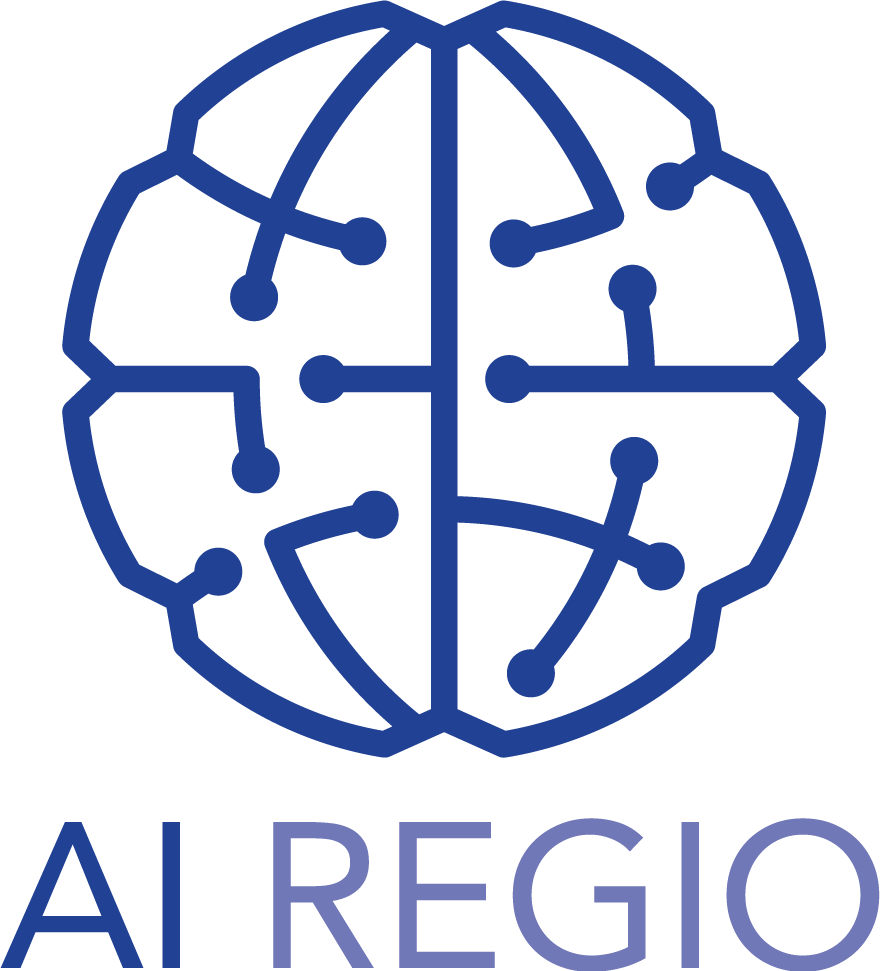Validation
Monitoring and controlling eco-friendly quality of the PET bottle manufacturing process using DATA4AI platform
There is an ever increasing (market) pressure on manufacturing SMEs in EU to be in the same time very competitive and also eco-friendly. In the domain of manufacturing PET products this aspect is extremely important since manufacturing PET resin generates more toxic emissions (nickel, ethylbenzene, ethylene oxide, benzene) than manufacturing glass. Producing a 16 oz. PET bottle generates more than 100 times the toxic emissions to air and water than making the same size bottle out of glass. Even worse, most toxic releases went into the air, and the plastics industry contributed 14% of the national total (https://ecologycenter.org/plastics/ptf/report3/). The manufacturing process of plastic water bottles alone releases tons of carbon dioxide into the atmosphere each year. As a result, the surrounding oxygen becomes contaminated, making it harder to breathe and, in some regions, even making the residents sick.
However, SMEs producing PET bottles (incl. the selected pilot user for this proposal) are lacking the knowledge and experience in the context of organizing more environmentally friendly production.
The vision of this proposal is to pave the way for a new generation of the monitoring and analyzing services for PET bottle manufacturing, which are focused not only on the processes performances (KPIs), but also on the eco-friendliness of the process, what we call eco-friendly process quality. One of main advantages of this service is to enable a prompt reaction on any quality issue which might arise during the production (e.g. a rapid increase in the emission values). The main idea is to use data analytics for learning models of the process behavior which leads to the anomalous situations from the environmental impact point of view. Therefore, the goal is not to “only” detect anomalies in real- time and avoid emergence of environment-damaging situations, but also to understand when and how are they emerging (models) and to derive (based on manufacturing knowledge) recommendation for the process improvement.
Main goal is to develop a software-hardware infrastructure for enabling a comprehensive monitoring, analysis and control of the eco-friendly quality of the PET bottle manufacturing process, through focusing on two main factors, which also define its environmental footprint: Energy and Emission. The system should be flexible and open for extensions, like introducing sensors for waste management (like camera-based visual quality inspection).
